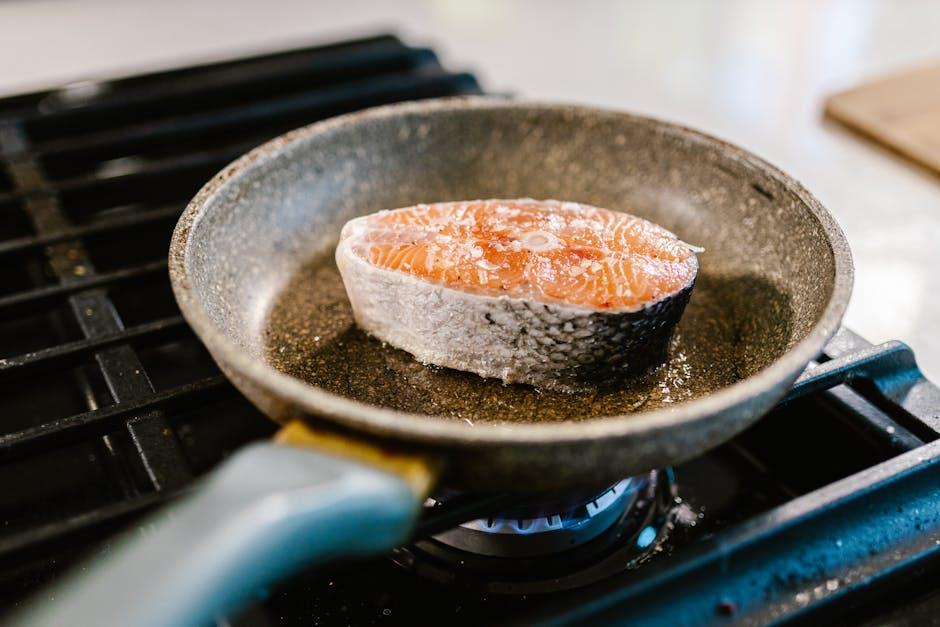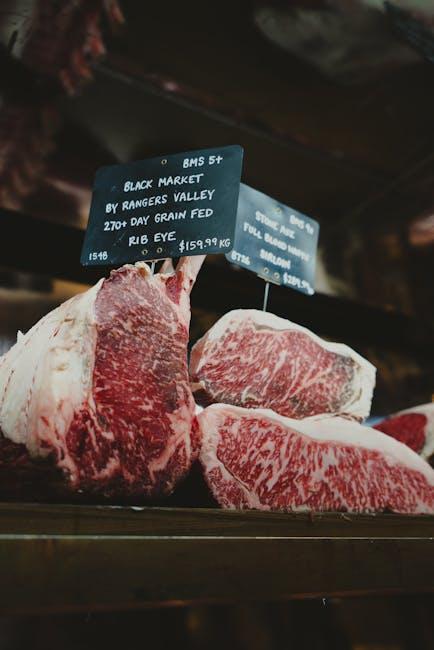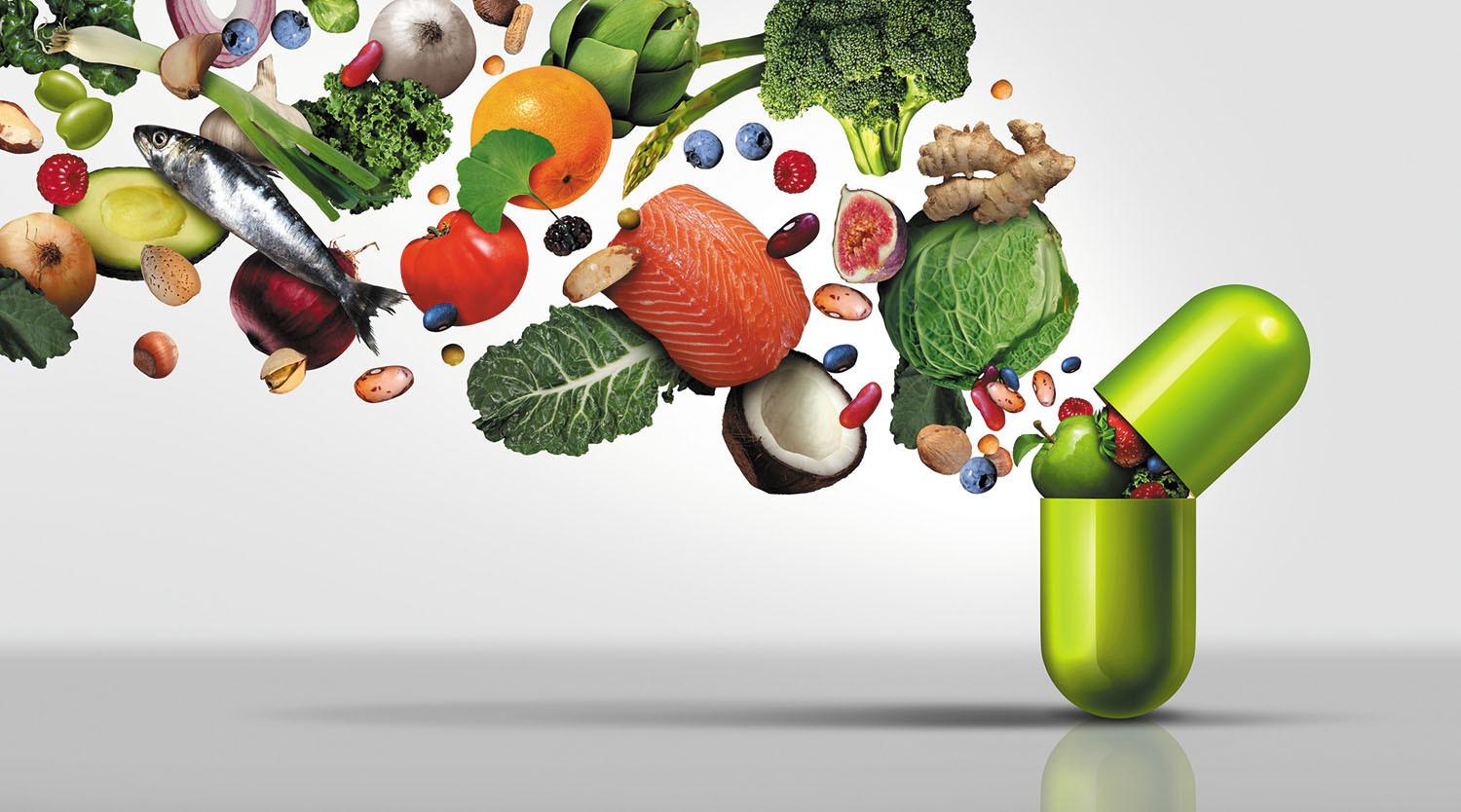In today’s fast-paced world, maintaining a lean physique while juggling daily responsibilities can feel like an elusive goal. However, adopting a high protein, low carb diet offers a practical and effective strategy to achieve and sustain your fitness aspirations. This dietary approach not only supports weight management but also enhances muscle retention, energy levels, and overall health. In this article, we will guide you through the essentials of implementing a high protein, low carb diet, providing you with the knowledge and tools needed to transform your lifestyle confidently and sustainably. Whether you’re new to this dietary strategy or looking to refine your approach, our step-by-step instructions and expert tips will empower you to harness the full potential of a high protein, low carb diet.
Understanding the Science Behind High Protein, Low Carb Diets
At the core of high protein, low carb diets is a fascinating interplay between macronutrients and your body’s metabolism. Proteins serve as the building blocks of muscles, hormones, and enzymes, and when consumed in higher quantities, they can significantly boost your metabolic rate. This increase in metabolism aids in more effective calorie burning, even when you’re at rest. On the other hand, reducing carbohydrates prompts your body to enter a state called ketosis, where fat becomes the primary energy source. This shift can lead to more efficient fat burning, aiding in weight management and body composition improvements.
- Muscle Preservation: Adequate protein intake helps maintain muscle mass, which is crucial for staying lean.
- Satiety and Appetite Control: High protein foods often leave you feeling fuller longer, reducing the urge to snack on high-carb, calorie-dense foods.
- Insulin Regulation: Lower carb intake can stabilize insulin levels, minimizing the risk of blood sugar spikes and crashes.
Implementing this dietary approach requires a keen understanding of how these macronutrients affect your body, ensuring that you not only lose weight but do so sustainably. With careful planning and consistency, a high protein, low carb diet can be a powerful tool in your health and fitness arsenal.
Crafting the Perfect Meal Plan for Sustained Energy and Muscle Maintenance
Designing a meal plan that fuels your body while supporting muscle retention requires a strategic approach to food selection. To achieve this balance, focus on incorporating high-quality protein sources and minimizing carbohydrate intake. Here’s how to structure your meals effectively:
- Prioritize Protein: Aim to include a variety of protein-rich foods such as lean meats, fish, eggs, and plant-based options like tofu and legumes. This not only aids in muscle repair but also promotes a feeling of fullness, helping to manage hunger throughout the day.
- Embrace Healthy Fats: Incorporate sources like avocados, nuts, and olive oil to provide energy and support overall health. Healthy fats are essential for hormone production and can enhance the absorption of fat-soluble vitamins.
- Carbohydrate Consciousness: Focus on non-starchy vegetables and leafy greens to provide essential nutrients and fiber while keeping your carb intake low. This approach helps in maintaining stable blood sugar levels, preventing energy crashes.
By carefully selecting your foods, you can create a meal plan that not only supports your fitness goals but also keeps you energized and satisfied throughout the day. Remember, consistency is key, and finding the right balance that suits your lifestyle will make all the difference.

Essential Foods to Include for Optimal Nutrient Balance
To maintain a high protein, low carb diet effectively, it’s crucial to include foods that not only support muscle growth but also provide essential nutrients for overall health. Here’s a list of nutrient-dense options to help you achieve the perfect balance:
- Lean Meats: Chicken breast, turkey, and lean cuts of beef are excellent sources of protein and are low in carbs, helping you to build muscle and stay satiated.
- Fish and Seafood: Salmon, tuna, and shrimp are rich in omega-3 fatty acids and high-quality protein, promoting heart health while keeping carb intake minimal.
- Eggs: Packed with protein and essential amino acids, eggs are versatile and can be incorporated into various meals throughout the day.
- Leafy Greens: Spinach, kale, and arugula provide fiber, vitamins, and minerals without adding significant carbs, supporting digestion and overall wellness.
- Nuts and Seeds: Almonds, chia seeds, and flaxseeds offer healthy fats and protein, contributing to a feeling of fullness and balanced nutrition.
Integrating these foods into your diet ensures you’re not only focusing on protein intake but also maintaining a broad spectrum of nutrients essential for a healthy lifestyle.

Tips for Overcoming Common Challenges and Sticking to Your Diet
Embracing a high protein, low carb diet can be transformative, yet it comes with its own set of hurdles. One common challenge is managing cravings for carb-heavy comfort foods. To tackle this, stock your pantry with healthier alternatives. For instance, opt for almond flour instead of regular flour or zoodles in place of pasta. Additionally, meal prepping can be a lifesaver. Prepare meals in advance to ensure you always have a nutritious option on hand, reducing the temptation to stray from your plan.
Another frequent obstacle is social situations that revolve around food. To navigate these successfully, communicate your dietary needs to friends and family beforehand, and don’t hesitate to suggest restaurants with high protein, low carb options. When attending gatherings, bring a dish that aligns with your diet so you can enjoy the occasion without compromise. Furthermore, stay hydrated and incorporate healthy snacks like nuts or Greek yogurt to keep hunger at bay. By employing these strategies, you can maintain your dietary goals with confidence and ease.




